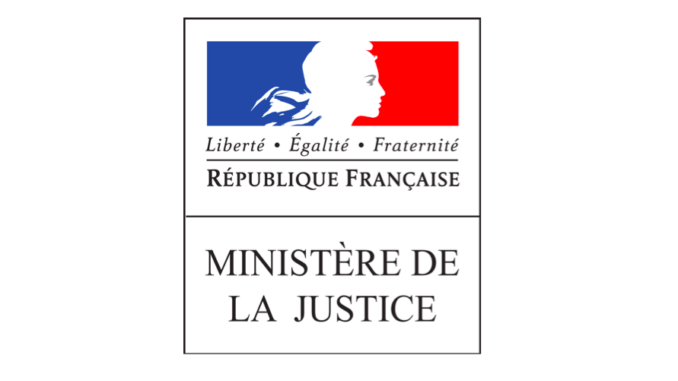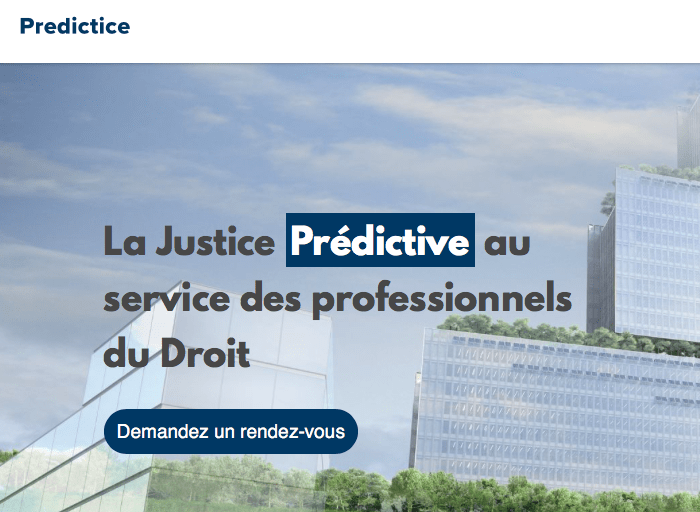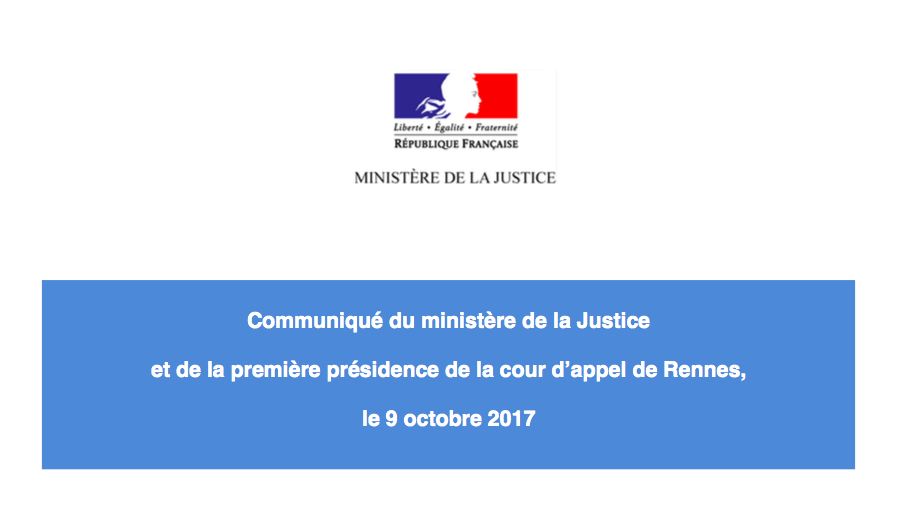
French magistrates who were testing case prediction technology by legal AI start-up Predictice as part of a Ministry of Justice-supported test project, have said that they see no ‘additional value’ in the system, as compared to the capabilities they have already.
The response follows the involvement of Predictice in pilots with several magistrates of the Courts of Appeal of Rennes and also Douai.

The State-supported pilot led by the Directorate of Judicial Services, which is part of the French Ministry of Justice, said it had wanted to examine ‘these new tools, which have the ambition in the long term to bring a great added value to the magistrates and auxiliaries of justice in the analysis of case-law and, more broadly, to improve the predictability and transparency of judicial decisions’.
However, despite best intentions, the French State’s magistrates said that: ‘This software did not present additional value.’ This was because they already had the means to make such analysis themselves with their skills and the information they had on hand.
However, this may be missing the point of using an AI system, at least in part. One key reason for using an AI system is not that it will necessarily produce a far better prediction than an experienced lawyer who has enough time to consider all past case data, but that it will do so much faster than any human could.
With the speed also comes great efficiency and additional productivity, as the experienced French magistrates – who are more like investigating prosecutors in this civil law jurisdiction – can then spend their time on other matters, such as collecting evidence, or interviewing suspects.
That said, the relationship isn’t over. The French Ministry of Justice added in an official statement that: ‘A new phase of experimentation, on a voluntary basis, with other appeal courts will be envisaged.’ Though, Predictice may have to add new features to its AI capability to win over the French Government’s magistrates.
This involvement with State legal bodies raises some important issues for legal AI. In some countries, State legal bodies, as well as regulators, have simply side-stepped the issue of New Wave legal tech and ignored it, allowing AI and legal tech companies to progress without much contact.
However, French legal tech start-ups in particular seem to be very keen to engage with the State and regional Bars, which is not the case in some countries. This may in part come from a greater sense of deference in France and also because of the local Bars’ formidable reputation for clamping down on any activity they see as possibly infringing regulations. Working with the State may also provide a powerful business development boost, i.e. if the local Bar or court approves of your tech then this will certainly help.
Not all engagements with official legal bodies are like this. For example, the Law Society of England & Wales, which is the representative body for solicitors, has acted as a promoter for the use of new legal AI technology, frequently holding conferences on the subject and generally showing its members that AI is a force for good. Though, as far as Artificial Lawyer can see, legal AI companies here are not seeking out legal bodies or regulators in the UK to gain approval or official bona fides, even if they’re happy to come along to events.
In this case, the engagement with French authorities and lawyers working for the State appears to have produced an unwanted result, not because the AI company was at fault, but it would seem because the local magistrates ‘didn’t get it‘ when it came to issues such as efficiency and increased productivity.
( Many thanks to Thibault Raisse, @TiboRaiss, for his assistance in this story. )
The original French announcement is below:

“Le champ de l’analyse algorithmique des données issues des décisions judiciaires s’est récemment ouvert à la suite des derniers développements technologiques. Plusieurs sociétés ont élaboré à cette fin des logiciels innovants dont certaines ont été récompensées le 16 novembre 2016 à l’occasion du hackathon par le prix “open Case Law” remis par la direction de l’information légale et administrative (DILA). Parmi les lauréats se trouvait la société predictice qui propose un outil de calcul du montant des indemnités allouées par une juridiction.
La direction des services judiciaires a entendu pleinement s’associer à l’émergence de ces nouveaux outils, qui ont l’ambition à terme d’apporter une forte plus-value aux magistrats et auxiliaires de justice dans l’analyse de la jurisprudence et, plus largement, d’améliorer la prévisibilité et la transparence des décisions judiciaires.
Grâce au concours de plusieurs magistrats des cours d’appel de Rennes et Douai, désireux de s’inscrire dans cette démarche, le logiciel de la société Predictice a fait l’objet d’une expérimentation pendant plusieurs mois au printemps 2017. Au terme de celle-ci, il est apparu que ce logiciel, participant d’une approche dont la modernité était reconnue, méritait d’être sensiblement amélioré, et ne présentait pas en l’état de plus-value pour les magistrats qui disposent déjà d’outils de grande qualité d’analyse de la jurisprudence de la cour de cassation et des cours d’appel.
Une nouvelle phase d’expérimentation, sur la base du volontariat, avec d’autres cours d’appel que celles de Rennes et Douai sera envisagée à l’issue des nouveaux stades de développement de l’outil”.
1 Trackback / Pingback
Comments are closed.